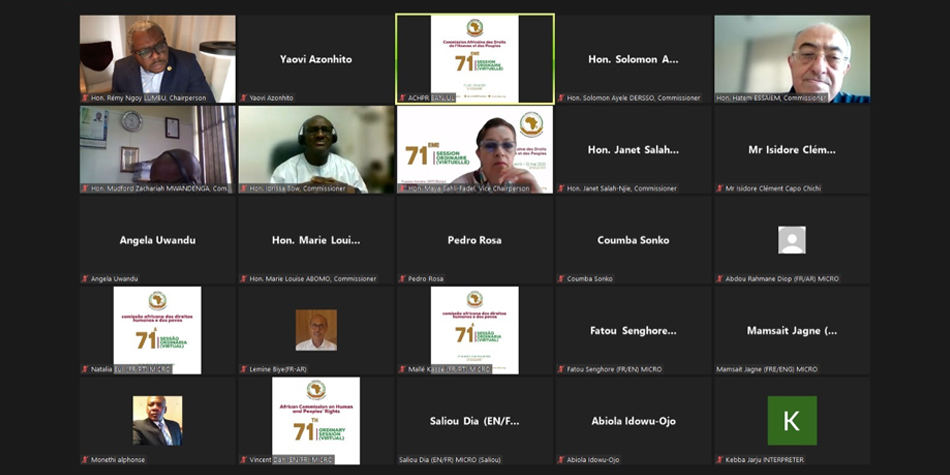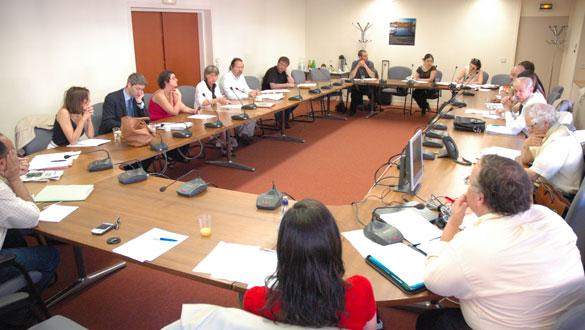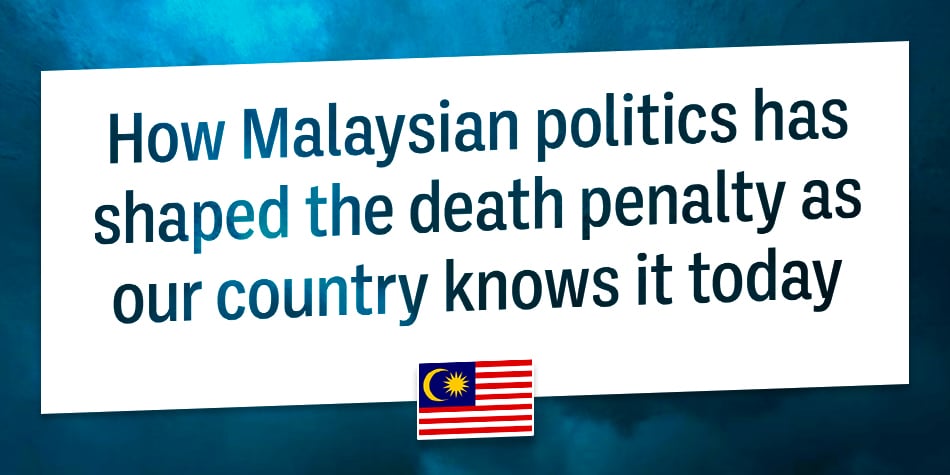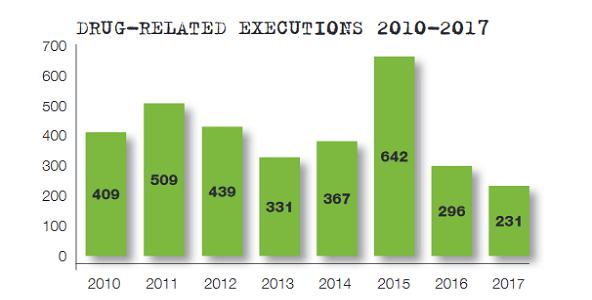
71st Ordinary session of the African Commission: focus on torture and the death penalty
Africa
The African Commission on Human Rights and People (ACHPR) once again met on Zoom for its 71st Ordinary session from April 21st to May 13th, 2022. The honorable Rémy Ngoy Lumbu, President of the Commission, has expressed his hopes for the next session to take place in person in Banjul this autumn.
The World Coalition Against the Death Penalty followed this session with attention, along with its member organizations: FIACAT (the International Federation of ACATS), COJESKI (Collectif des Organisations de Jeunes solidaires du Congo-Kinshasa), SHRDO (Society for Human Rights and Developpment Organization, Sierra Leone), UCPDHO (DRC), REPRODEVH (Niger), Mauritanian Coalition Against the Death Penalty, CODHAS (RDC), Pax Christi Uvira (DRC), RADHOMA (DRC), Coordination Eveil (Mauritania), REJADD Togo, SYNAFEN (Niger), and the Niger Coalition Against the Death Penalty.
The death penalty on the agenda
The opening ceremony marked the tone of the Session with two abolitionist calls. African Court Justice Blaise Tchikaya, Vice President to the African Court and EU representative Eamon Gilmore both testified their attachment to the abolition of the death penalty in Africa during their opening statements. This session has been particularly interesting for the abolitionist community since the periodic report of Kenya was studied. ICJ Kenya, Human Rights Commission Kenya, ECPM, Reprieve and the World Coalition had submitted a position note on the death penalty in Kenya to the ACPHR ahead of the session. Also, a joint declaration on the death penalty in Africa was submitted to the Commission, by FIACAT, ECPM and the World Coalition.
In his intersession activity report, the honorable Commissioner Idrissa Sow, president of the Working Group on Death Penalty, Extra-Judicial, Summary or Arbitrary Killings and Enforced Disappearances in Africa, depicted a very complete portrait of the situation of the death penalty in Africa. The number of abolitionist States has not evolved during the intersession period: 46 member States have abolished the death penalty (23 in law and 23 in practice). The president expressed his concerns about Tunisia, which sentenced to death dozens of people between January and March 2022, going against the moratorium instigated 30 years ago, and about DRC, which sentenced to death 51 persons on 29 March 2022.
Panel on torture and the Death Penalty
The honorable President of the ACHPR Rémy Ngoy Lumbu finally opened the joint panel organized with the FIACAT and the WCADP. He introduced the event with a strong statement: “The death penalty is something that still kills Africa”.
In the wake of this year’s World Day theme, the link between torture and the death penalty were at the heart of discussions during this panel. The keynote speakers were to speak about whether the death penalty can be qualified as a form of torture or not. It was a particularly sensitive subject as on one hand it is very difficult to qualify the death penalty as torture, regarding the current international standards, and on the other hand, torture seems inherent to the death penalty, at all steps of the sentencing.
Angela Uwandu, from ASF France in Nigeria, member of the World Coalition, explained very clearly the reality of the death penalty and its relationship with torture. She explained the death sentencing process and pointed out the forms of torture people sentenced to death may face. It goes from the arrest, the investigation (forced confessions), to certain methods of execution, passing by the death row phenomenon and the psychological torture arising from the wait for the day of their death.
This panel was particularly moving as the floor was given to a former death row prisoner from the Republic of Benin, abolitionist since 2016. Yaovi Azonhito spent 20 years on death row before he received presidential pardon. He shared the atrocity of the conditions of detention of prisoners on death row, from the material conditions to the extreme anxiety caused by the upcoming of his death. He now lives in precarity and is isolated from his family, “like a leaf fallen from a tree, waiting for the wind to blow it away” he said.
Good news
During the introduction of the panel on the death penalty the honorable Idrissa Sow announced that 1400 death sentences have been commuted to life imprisonment in Kenya, a State that still provides for the death penalty in its legislation. It is the third time that Kenya commuted as much death sentences (~4000 in 2009; and 2747 in 2016).
Important progress has been made after the Session. The Central African Republic abolished the death penalty for all crimes on the 27th of May, becoming the 24th African country to abolish the death penalty. Zambia may be next. The President announced that he was commuting the sentences of 30 death-row prisoners, and that he was submitting a bill before the Parliament to abolish the death penalty. The bill was voted by the National assembly and is yet to be examined by the Senate. Malawi also moved towards the abolition by organizing public enquiries on a proposal to abolish the death penalty.
Photo Credit: WCADP- ACHPR 71st Ordinary Session, Joint Panel on Torture and the Death Penalty.







